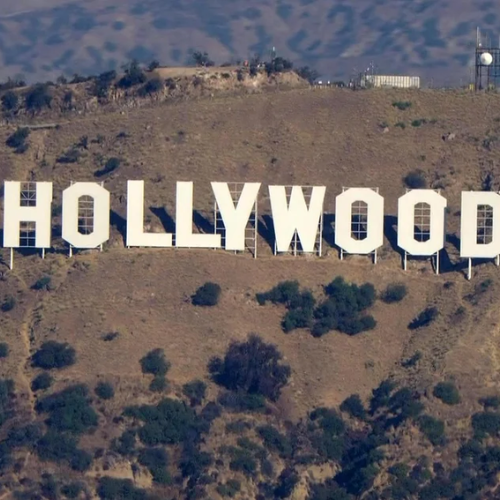China has decided to reduce the number of Hollywood movies allowed into the country. This step comes as a direct response to the United States increasing taxes on Chinese goods. These taxes, known as tariffs, were recently raised by the U.S. government, and China is now pushing back by targeting something very visible — American films.
For over 30 years, China had a system that allowed about 10 Hollywood films to enter the country each year under a special rule. This was seen as a big opportunity for American movie studios. But now, China’s film agency says things are changing. They say the increase in tariffs has made people in China less interested in U.S. movies. So, fewer of them will be allowed in.
China explained its move by saying it wants to follow the market and give more space to the choices of Chinese moviegoers. The government says it will now “moderately reduce” the number of American films. This decision is being seen as a way for China to strike back at the U.S. without causing much damage to its own economy.
For a long time, Hollywood movies were very popular in China. Huge hits like Titanic and Avatar made a lot of money there, and American actors and directors became well-known names in Chinese households. But things have changed in the past few years.
Australia Caught in the Crossfire: China Seeks Alliance as Trump Triggers Economic Shockwave
Now, Chinese audiences are more interested in their own country’s films. Big local movies are doing much better than American ones. In fact, a Chinese animated movie called Ne Zha 2 recently earned more money in China than a big-budget American movie, Inside Out 2. Because of this shift, American films now make up only about 5% of all ticket sales in China’s movie market.
On top of that, Hollywood studios don’t earn as much money from Chinese ticket sales as they do in other countries. In China, they only get 25% of the ticket price, while in other markets, they get about 50%. So, the financial hit from this new rule may not be as big as it sounds.
Experts say this move allows China to send a strong message to the U.S. without really hurting itself. It looks powerful and serious on the outside, but the real financial impact is small.
Blockbusters Still in Play
Even with this new restriction, some major Hollywood films are still getting permission to be shown in China. For example, a big Marvel superhero movie called Thunderbolts will be released there at the end of April. This shows that while China is cutting back, it’s not closing the door completely on American films.
Trump Slaps 104% Tariffs on China in Big Trade Fight
However, there’s still no clear word on other major movies. Films like the newest Mission Impossible, a new Superman movie, and another Fantastic Four reboot haven’t yet been approved for Chinese theaters. Whether they get in or not will be closely watched by people in the movie industry.
Some companies that work in both American and Chinese markets are not too worried. For instance, IMAX — the company that makes big-screen formats — said that they expect a strong year in China, no matter what. They believe that both Chinese and international films will help them do well.
Analysts also say that fewer Hollywood movies are being released in China anyway. Only about one in four big U.S. movies gets shown in China these days. And for those that do, only a small part of their global income comes from Chinese theaters. For example, a recent Marvel film earned over $400 million worldwide, but only around $14 million of that came from China.
In fact, when you look at China’s list of top-grossing movies ever, almost all of them are Chinese films. Only one American movie, Avengers: Endgame, is in the top 20.
All of this shows that China’s film industry has grown strong and can stand on its own. By limiting American films, China is sending a political message while also supporting its booming local film market.


